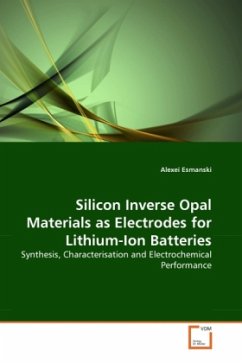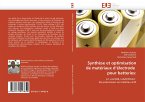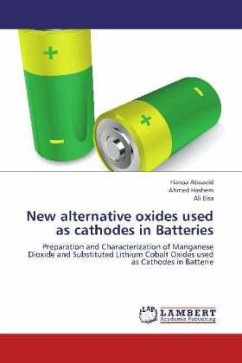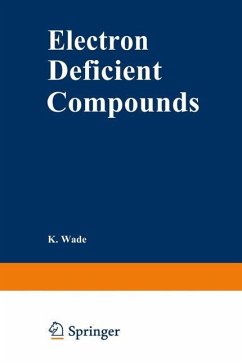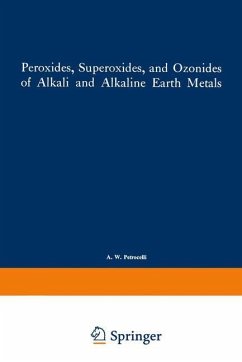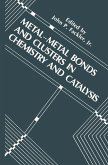Three-dimensional macroporous structures ( opals' and inverse opals') can be produced by colloidal crystal templating, one of the most intensively studied areas in materials science today. There are several potential advantages of lithium-ion battery electrodes based on inverse opal structures. High electrode surface, easier electrolyte access to the bulk of electrode and reduced lithium diffusion lengths allow higher discharge rates. Highly open structures provide for better mechanical stability to volume swings during cycling. Silicon is one of the most promising anode materials for lithium-ion batteries. Its theoretical capacity exceeds capacities of all other materials besides metallic lithium. Silicon is abundant, cheap, and its use would allow for incorporation of microbattery production into the semiconductor manufacturing. Performance of silicon is restricted mainly by large volume changes during cycling. The objective of this work was to investigate how the inverse opal structures influence the performance of silicon electrodes. Several types of silicon-based inverse opal films were synthesised, and their electrochemical performance was studied.
Bitte wählen Sie Ihr Anliegen aus.
Rechnungen
Retourenschein anfordern
Bestellstatus
Storno

